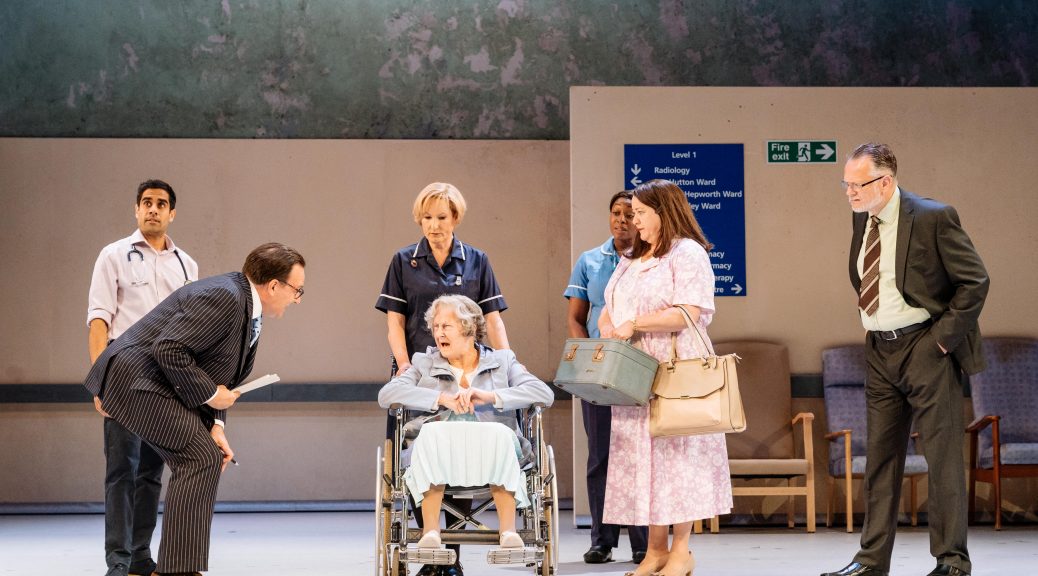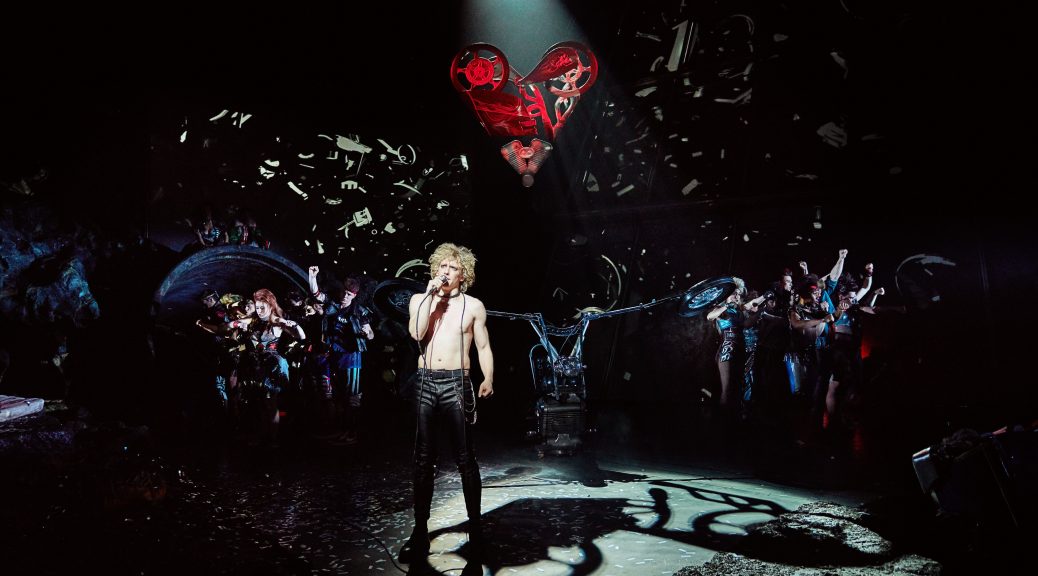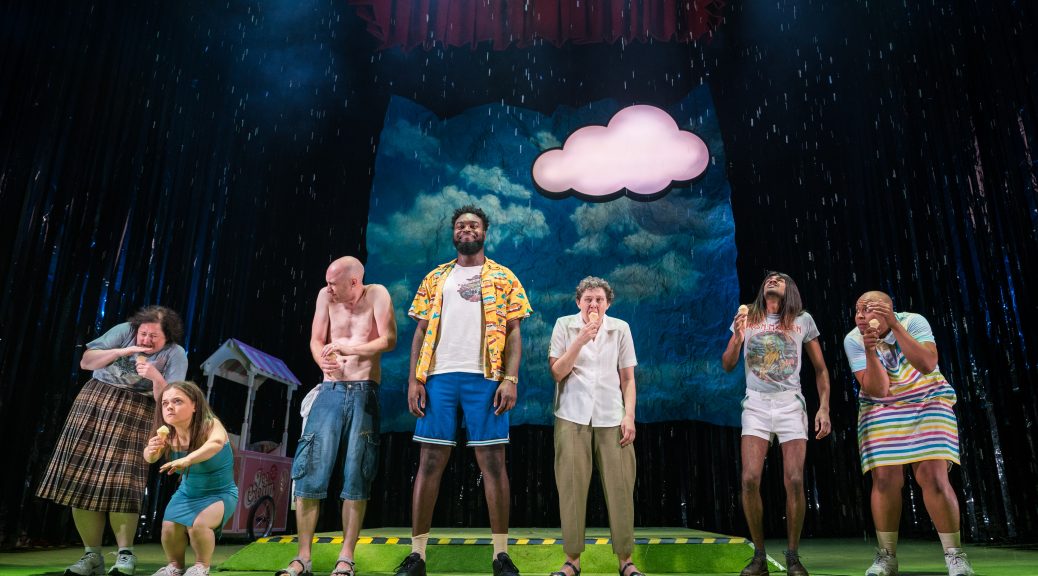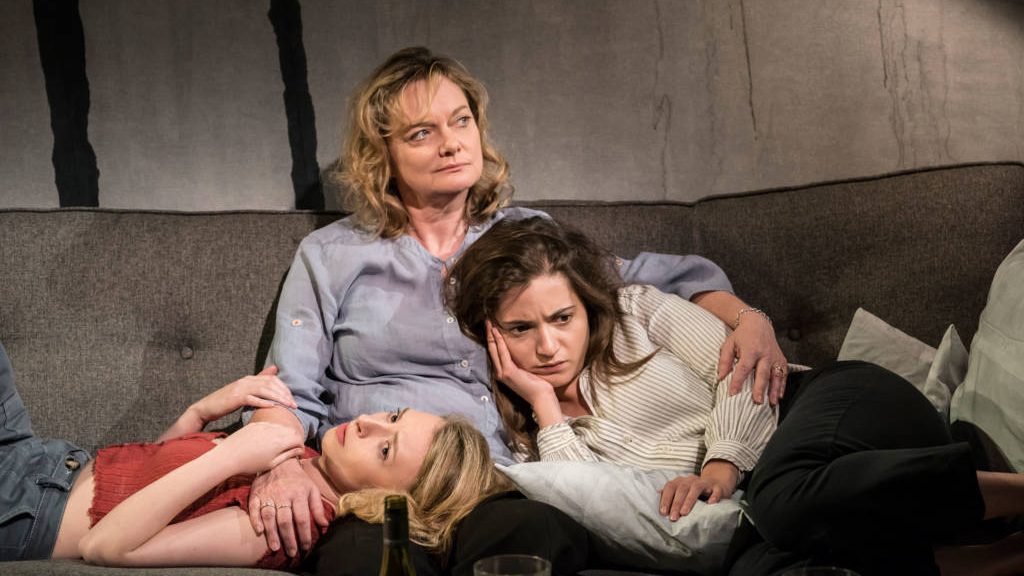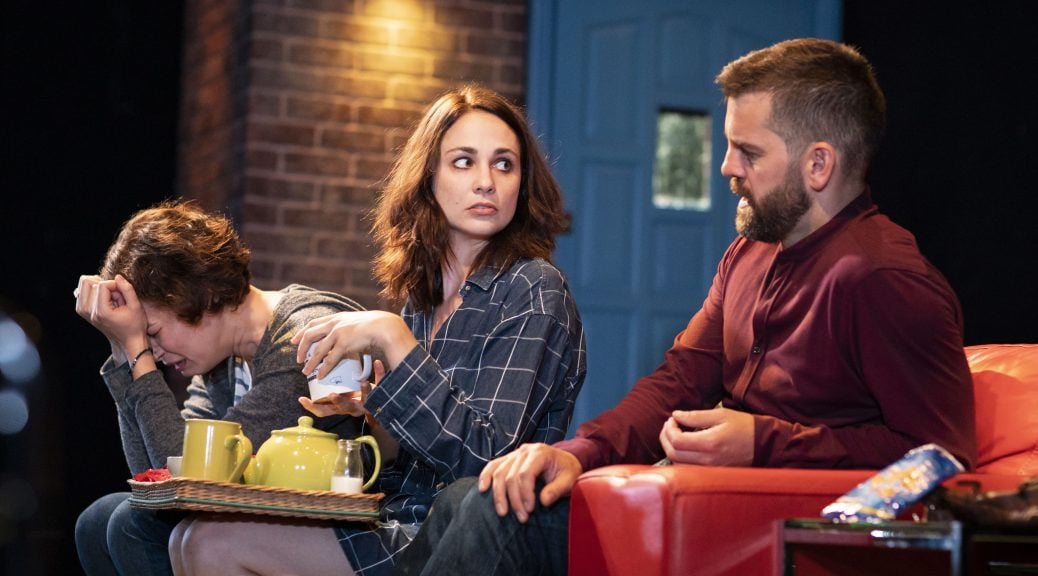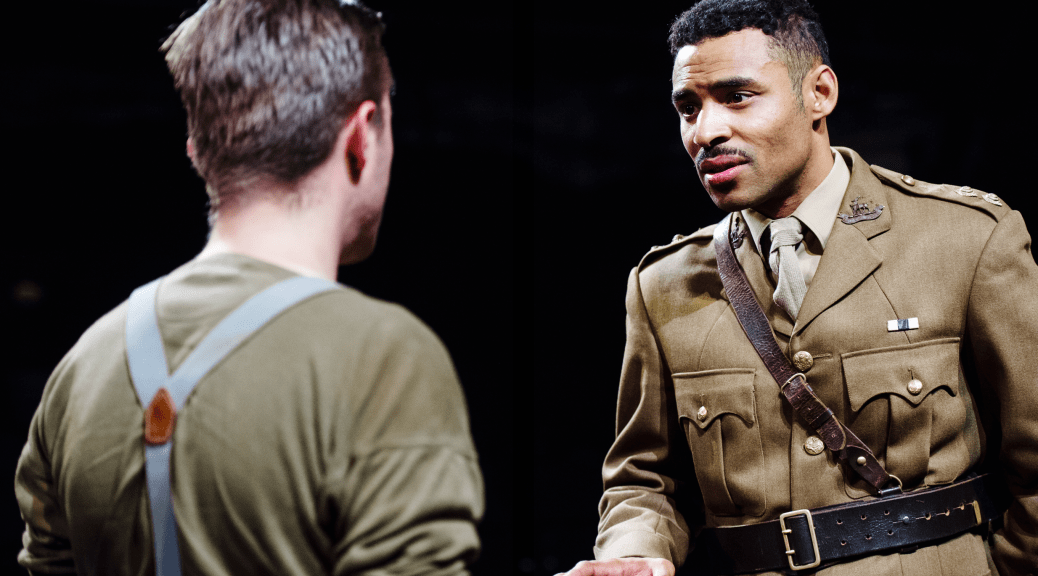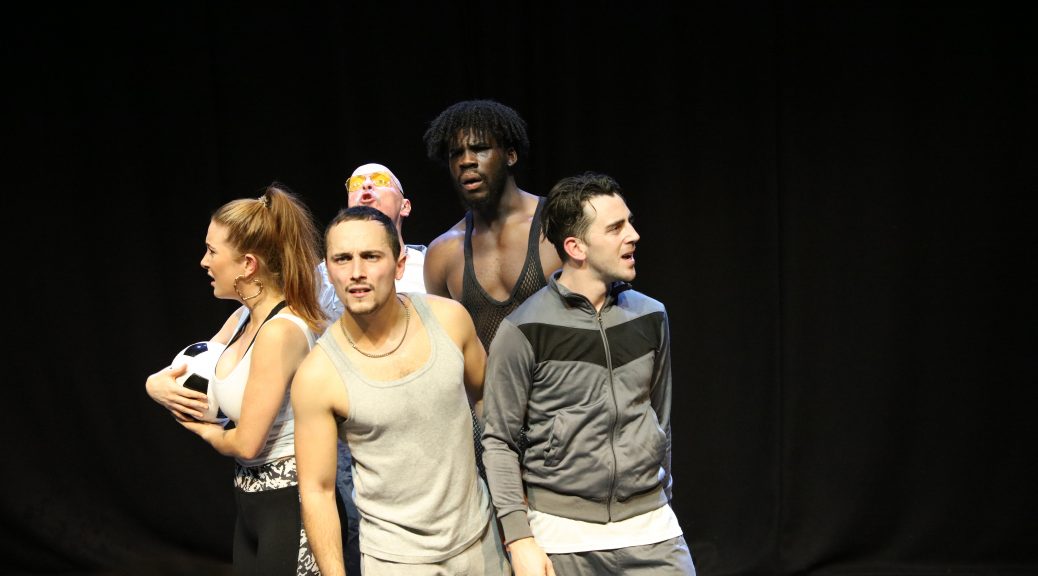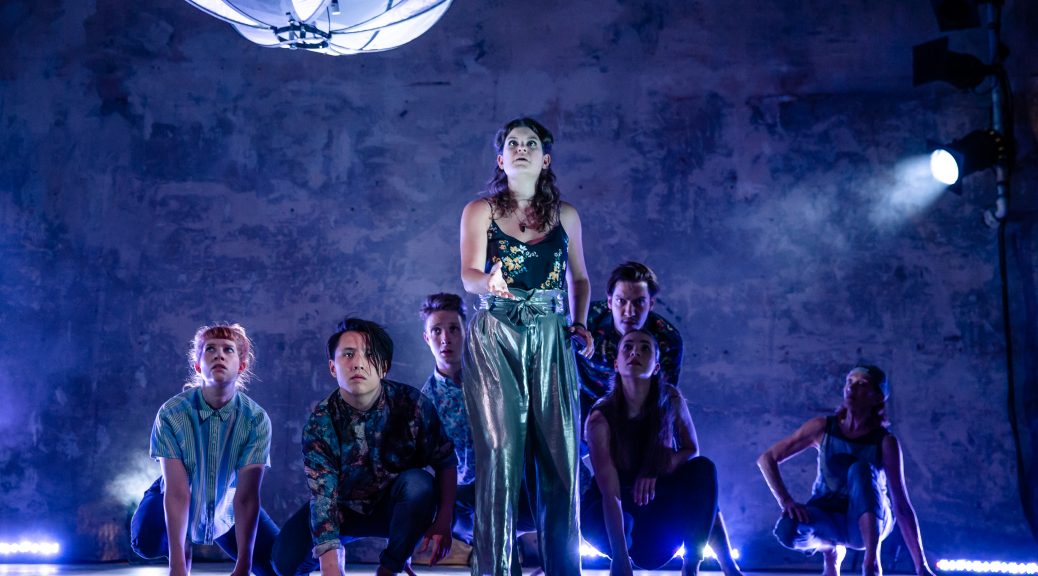In his 84th year, Alan Bennett has written his most topical and overtly political play yet. Set on a geriatric ward, this is a heartfelt appeal for the NHS in its anniversary year and a play that is as challenging as it is amusing. Using the term youthful as praise seems inappropriate, but the piece feels fresh and bold regardless of the average age of its cast and creatives.
Allelujah! is full of songs and fun. With a massive cast, of mainly elderly characters, there is a sense of studies rather than fully fledged personalities. The experienced ensemble does well and is always entertaining, but it is great lines rather than roles that allow the likes of Gwen Taylor and Jeff Rawle to shine. Bennett adds life by injecting frank remarks and some swearing. It’s a simple but effective move.
When it comes to those running the hospital, conditions improve. There’s still some flab and flat parts – Bennett’s long-time director Nicholas Hytner could have been stricter. But from the hospital’s incompetent chairman, an excellent performance from Peter Forbes, and the stalwart Sister Gilchrist, a role that Deborah Findlay is superb in, Bennett points out systemic problems and gives them dramatic impact.
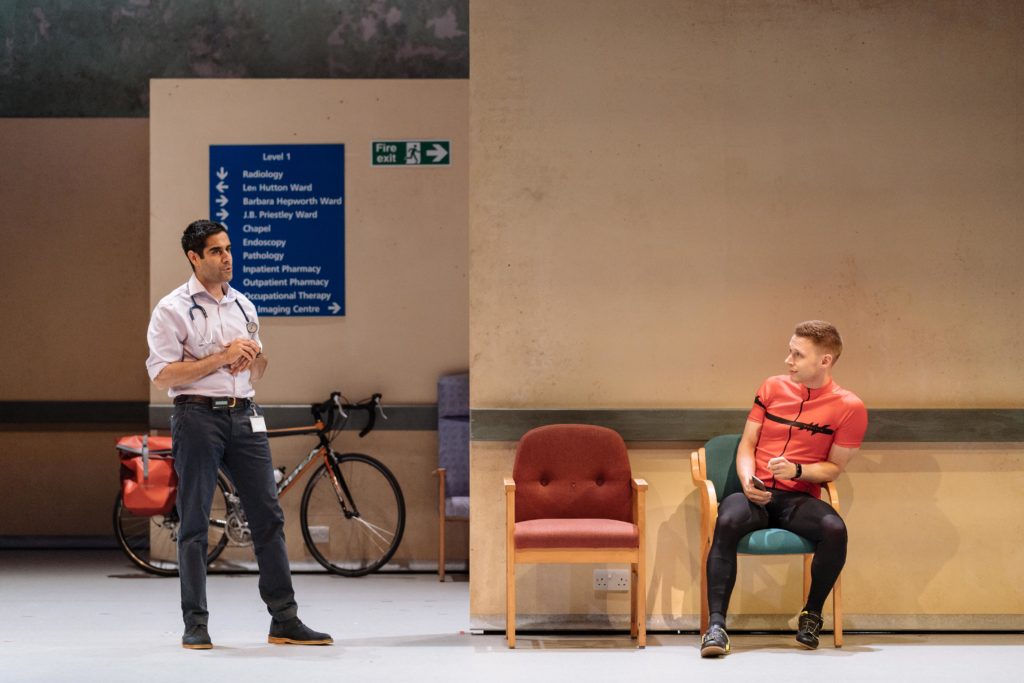
Samuel Barnett plays another villain, a management consultant, and is joined by fellow former History Boy Sacha Dhawan as the appealing Dr Valentine. The pair are polar opposites – indeed a story about migration feels a touch tagged on – but both do well to make Bennett’s blunt approach work. By the time we get to the plot twist, the whole atmosphere is appropriately spirited – nothing exercises emotions like the NHS.
The sensational storyline might be criticised in a younger writer. Given his pedigree, it seems safe to say that Bennett is aware of any potential drawbacks. Throwing a lot of subtlety to the wind, he joins the often reviled group of angry old men. And good for him. Allelujah! becomes hectoring towards the end; the patients’ patriotic singalong seems jolly enough, but there is little hope or glory around. Yet the anger here is salutary, Bennett wants to shake us up and, as a result, his play is a surprise.
Until 29 September 2018
Photos by Manuel Harlan

